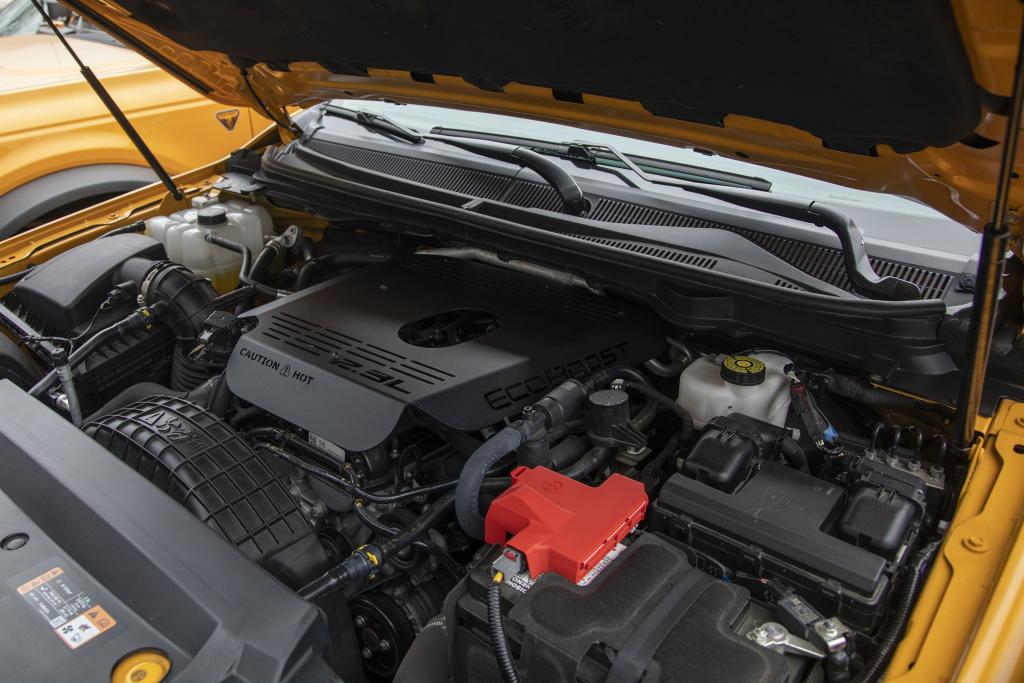What Makes a Vehicle Engine Run Efficiently: Leading Tips for Ideal Care
The smooth procedure of a car engine is basic to both efficiency and durability, making optimal treatment a crucial responsibility for vehicle owners. What specific actions should you prioritize to ensure your engine stays in peak condition?
Normal Oil Adjustments
One of the most essential facets of automobile maintenance is ensuring your engine receives regular oil changes. Engine oil lubes interior elements, reduces rubbing, and aids maintain optimal operating temperatures. With time, oil weakens as a result of heat, impurities, and the all-natural by-products of combustion, leading to minimized performance and possible engine damage.
Most producers suggest changing the oil every 5,000 to 7,500 miles, but this period can vary based upon driving conditions and oil type. As an example, synthetic oils may enable longer intervals in between modifications. Regular oil modifications not just boost engine efficiency yet also improve fuel efficiency, as tidy oil advertises smoother operation.
Ignoring oil adjustments can result in sludge accumulation, which harms circulation and can lead to serious engine concerns. It is crucial to check oil degrees frequently and keep track of for any kind of uncommon changes in color or uniformity, which might show contamination or destruction.

Maintaining Coolant Levels
Preserving correct coolant degrees is crucial for avoiding engine getting too hot and ensuring optimum performance. The coolant, generally a mixture of water and antifreeze, flows via the engine, absorbing heat and avoiding thermal anxiety. Inadequate coolant can cause enhanced engine temperature levels, which may cause extreme damage or perhaps complete engine failing.
To maintain optimal coolant degrees, routinely inspect the coolant reservoir, usually located in the engine bay. Make certain the coolant is filled up to the recommended mark, as suggested in your vehicle's owner handbook. It is a good idea to examine the degrees at least as soon as a month or eventually journeys, specifically during extreme weather condition conditions.
If you observe that the coolant degree is regularly low, there may be a leakage in the air conditioning system, which must be attended to without delay to stop additional difficulties. 2.2 ford ranger engine. Additionally, flushing the coolant system every 2 to 3 years can assist get rid of any kind of gathered debris and guarantee efficient heat exchange
Monitoring Air Filters

It is recommended to check the air filter every 12,000 to 15,000 miles, or much more frequently if driving in messy or damaging conditions. A basic their website visual assessment can frequently expose whether the filter is filthy or damaged. If the filter appears tarnished or has noticeable dust buildup, it needs to be changed without delay.
Using a high-quality air filter developed for your particular car design can better improve engine performance. Additionally, some vehicles may gain from multiple-use filters that can be cleaned up and reinstalled, supplying a eco friendly and economical option.
Inspecting Flicker Plugs
Ignition system are vital elements of an automobile's ignition system, directly influencing engine performance and efficiency. They develop the trigger that stirs up the air-fuel mixture in the combustion chamber, facilitating the engine's power generation. Normal inspection of ignition system is essential for maintaining optimal engine function and avoiding possible issues.
During an evaluation, search for indications of wear or damages, such as splits, carbon buildup, or extreme space widening. A healthy ignition system commonly shows a light brownish or tan shade. Dark residue or oil deposits can indicate inappropriate burning, while a white or raw look might suggest overheating. Both problems call for instant interest to stop more important site engine damages.
It's suggested to inspect ignition system every 30,000 miles, or as advised in your lorry's proprietor manual. In addition, consider replacing them according to the producer's guidelines, as used or old spark plugs can cause misfires, decreased fuel effectiveness, and boosted discharges.
Monitoring Tire Stress
Under-inflated tires can lead to decreased gas efficiency, enhanced tire wear, and jeopardized handling. Routine surveillance of tire stress is necessary for optimal lorry operation.
Tire pressure should be inspected a minimum of as soon as a month and soon trips. Utilize a reputable tire stress scale to measure the stress when the tires are cold, ideally prior to the lorry has been driven for at least 3 hours. Describe the automobile's owner manual or the placard located on the vehicle driver's side door jamb for the manufacturer's important site suggested stress degrees.
It is very important to keep in mind that tire stress can change with modifications in temperature; a decline of 10 ° F can cause a 1-2 psi reduction in pressure. Additionally, visually check tires for any kind of signs of wear or damages throughout your surveillance regimen. Keeping proper tire stress not just boosts vehicle security but also boosts gas effectiveness and lengthens tire life, ultimately adding to a smoother engine performance.
Verdict
In verdict, keeping an auto engine's smooth procedure needs attentive focus to numerous essential aspects. Normal oil adjustments, proper coolant degrees, tidy air filters, properly maintained spark plugs, and optimal tire pressure jointly add to enhanced efficiency and long life. Sticking to these upkeep practices not just boosts fuel efficiency yet also promotes a safer driving experience. Eventually, a positive strategy to engine treatment is essential for making sure reliability and performance gradually. 2.2 ford ranger engine.
One of the most vital aspects of automobile upkeep is guaranteeing your engine obtains regular oil modifications. Engine oil lubes interior parts, reduces friction, and assists preserve optimum operating temperature levels. Routine oil adjustments not only enhance engine efficiency yet also improve gas efficiency, as tidy oil advertises smoother operation.
Inadequate coolant can lead to increased engine temperature levels, which might trigger extreme damage or also total engine failure.
